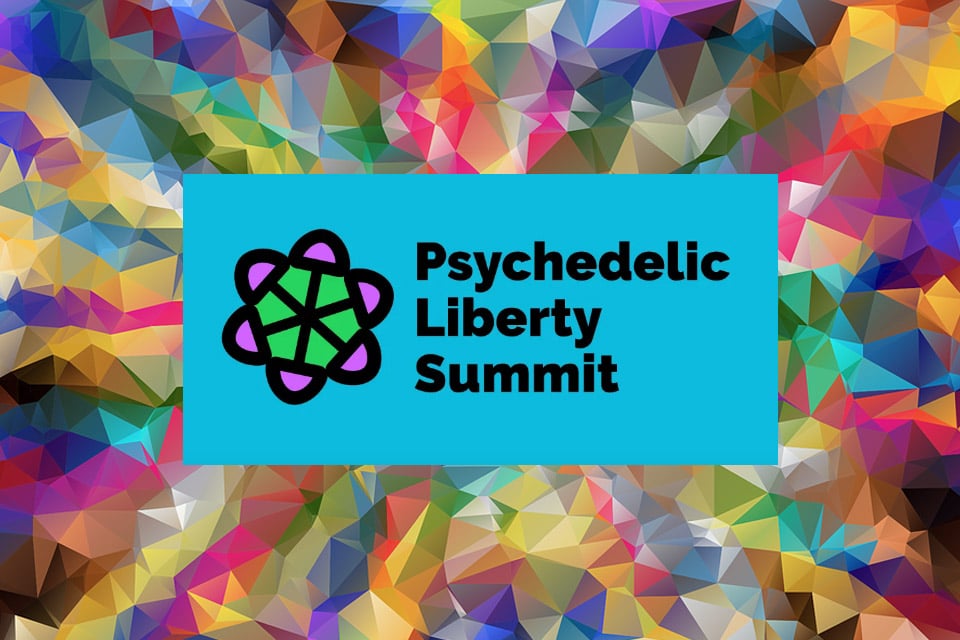Unlike more popular psychedelics such as LSD or psilocybin mushrooms, which have seen more and more research in recent years, mescaline has not been given much attention in the scientific world. A 2005 study funded by the National Institute for Drug Abuse found that people who took peyote regularly throughout their lifetime (dozens to thousands of times) as part of their Native American Church tradition. The study participants were found to score just as well on an array of mental health tests as a non-peyote-taking control group did, with even significantly better scores in certain scales that measure positivity and psychological well-being.1
With the pharmacological safety of mescaline-based plant medicines looking positive, we were curious as to how they might be used therapeutically. It turns out the Native American Church is also known to encourage peyote ceremonies for treating substance abuse, and since San Pedro is such a similar entheogenic relative of peyote, there may be a bright future for huachuma in addiction recovery as well.









